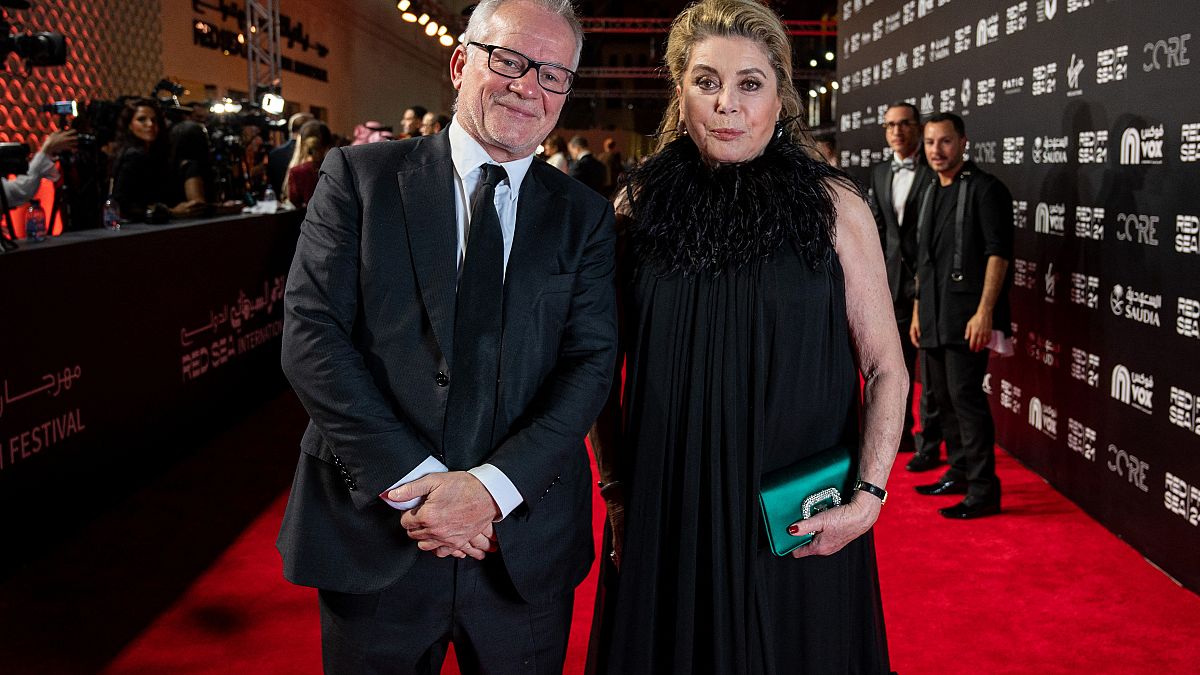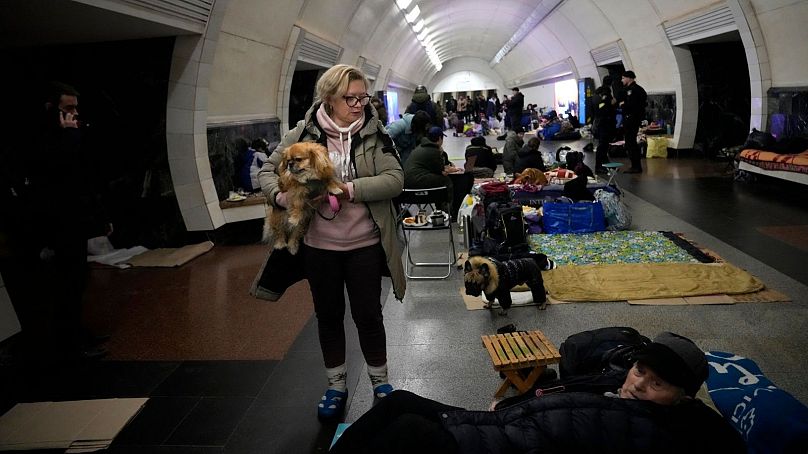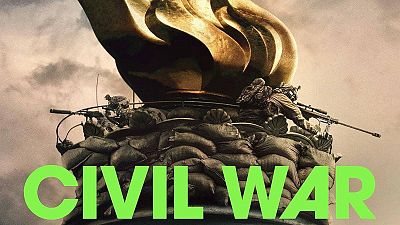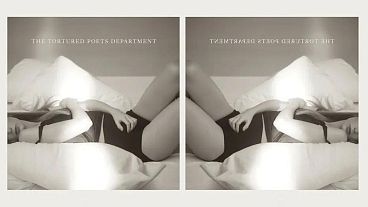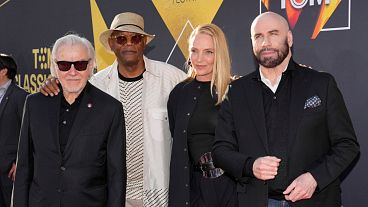The biggest film festival in the world has banned anyone linked with the Russian government, in solidarity with the Ukrainian people.
No Russian delegations will be allowed at this year’s Cannes Film Festival following the invasion of Ukraine in February.
Any person linked to the government will also be banned from the festival, according to a statement released on 1 March.
"It has been decided, unless the war of aggression ceases under conditions that will satisfy the Ukrainian people, not to welcome official delegations from Russia nor to accept the presence of any body linked to the Russian government," festival representatives said in the statement.
Cannes is the largest film festival in the world and is due to be held in May, and despite the ban the organisers commended the bravery of Russian protests against the illegal invasion.
Thousands of Russians took to the streets of major cities like St Petersburg and Moscow as well as areas of Siberia in outrage against their government’s actions, especially artists and cinema-makers.
"On the other hand, we want to salute the courage of all those who, in Russia, took the risk of protesting against the aggression and the invasion of Ukraine."
The chequered history of Cannes
Meanwhile, Cannes has a history of welcoming Ukrainian filmmakers.
Sergei Loznitsa, who was long-listed last year, told organisers that their support was precious.
“We wanted to mark our disapproval, however modest it may be,” said Cannes delegate Thierry Frémaux.
The present circumstances are an unfortunate call back to the first edition of Cannes which was due to open on 1 September 1939, and had to be cancelled due to Germany’s invasion of Poland.
Cannes was originally conceived to compete with Mostra de Venice, at that time held in a fascist Italy led by Mussolini.
Two days after the cancellation, France and Great Britain declared war on Germany and the Cannes project was shelved until after the war.
"Faithful to its history, which began in 1939 in resistance to the Fascist and Nazi dictatorships, the Cannes Film Festival will always be at the service of artists and film professionals, whose voice is raised to denounce violence, repression and injustices, and to defend peace and freedom,” the Cannes statement said.
